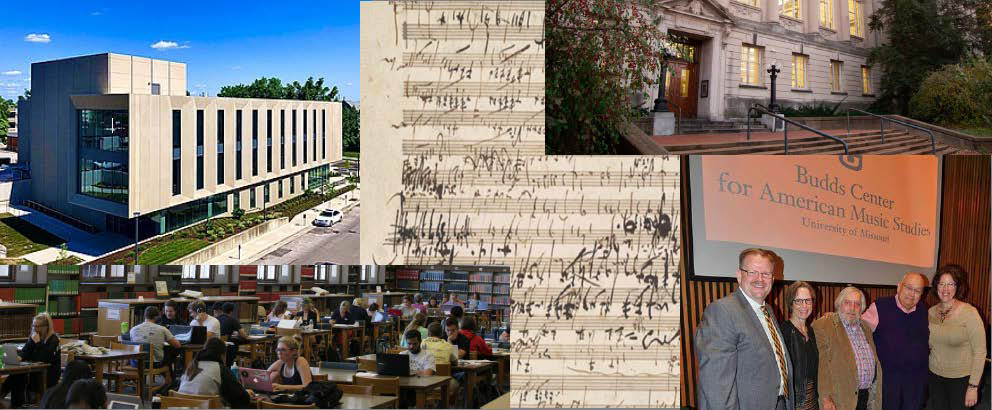Bachelor of Music in Music History
Musicology provides opportunities for continued development of musical insights, scholarly competencies, and the enhancement of interests in musical and related non-musical areas.

For those interested in the academic study of history and who possess a love of music, the discipline of musicology represents an ideal means to combine the two. The Musicology Area at the MU School of Music offers a range of courses at both basic and more advanced levels that provide students with a diversity of approaches to the study of this art form. Among the focus areas are courses directed to style periods, composers, genres, and special topics. Students may also self-direct their coursework in part through the mechanism of independent studies, where topics are selected in collaboration with a professor, who then serves as the student’s mentor through the investigative process. This liberal education is designed to help prepare students as scholars and musicians for a possible career in college teaching.
These degrees culminate with the ability to work one-on-one with a faculty member in conducting research, whether the project be a capstone experience at the undergraduate level or a thesis at the master’s level. Students are also encouraged to participate in academic conferences and to showcase their research in printed form as possibilities arise. A regularly scheduled seminar in which musicology students and faculty participate not only builds a sense of community and serves as a venue for intellectual exchange but also affords the opportunity for students to present their work to their colleagues and instructors.
Music majors who wish to pursue a BM in Music History are encouraged to apply for a BA in Music but follow the degree plan for a BM in Music History. At the end of their second year, students should apply to enter the music history program no later than April 1 by contacting the coordinator of the music history area and arranging an interview to review previous coursework and discuss future interests. At the time of applying to the program, students should also provide a writing sample, preferably on a music history topic, as well as an essay detailing their musical background, their reasons for wanting to pursue this field of study, and their professional goals.
Program Outcomes
- Develop proficiency in identifying the elements of music and apply this knowledge in composition, education, performance, and research.
- Explore and analyze historical, cultural, and social contexts of music from antiquity to contemporary times, investigating key composers, musical styles, genres, movements, performance practices, and aesthetic philosophies across different regions and periods.
- Conduct research projects on specific topics in musicology, presenting findings through scholarly writing, oral presentations, and multimedia formats, as well as engaging in critical dialogue and peer review discussions.
- Articulate musical ideas through composition, performance, and research.
- Cultivate collaborative skills essential for composition, education, performance, and research.
- Develop pedagogical expertise to effectively teach music across diverse learning environments.






